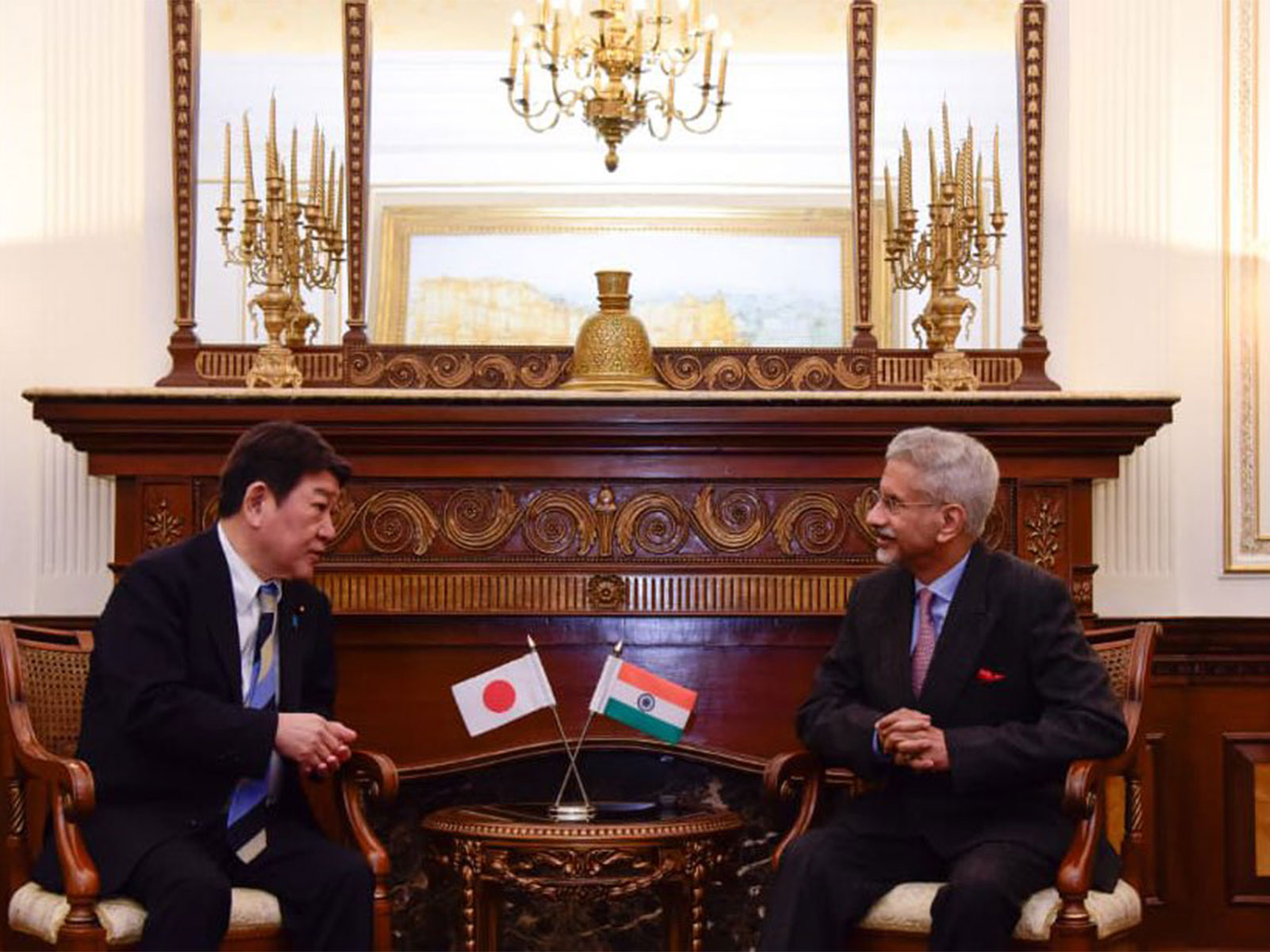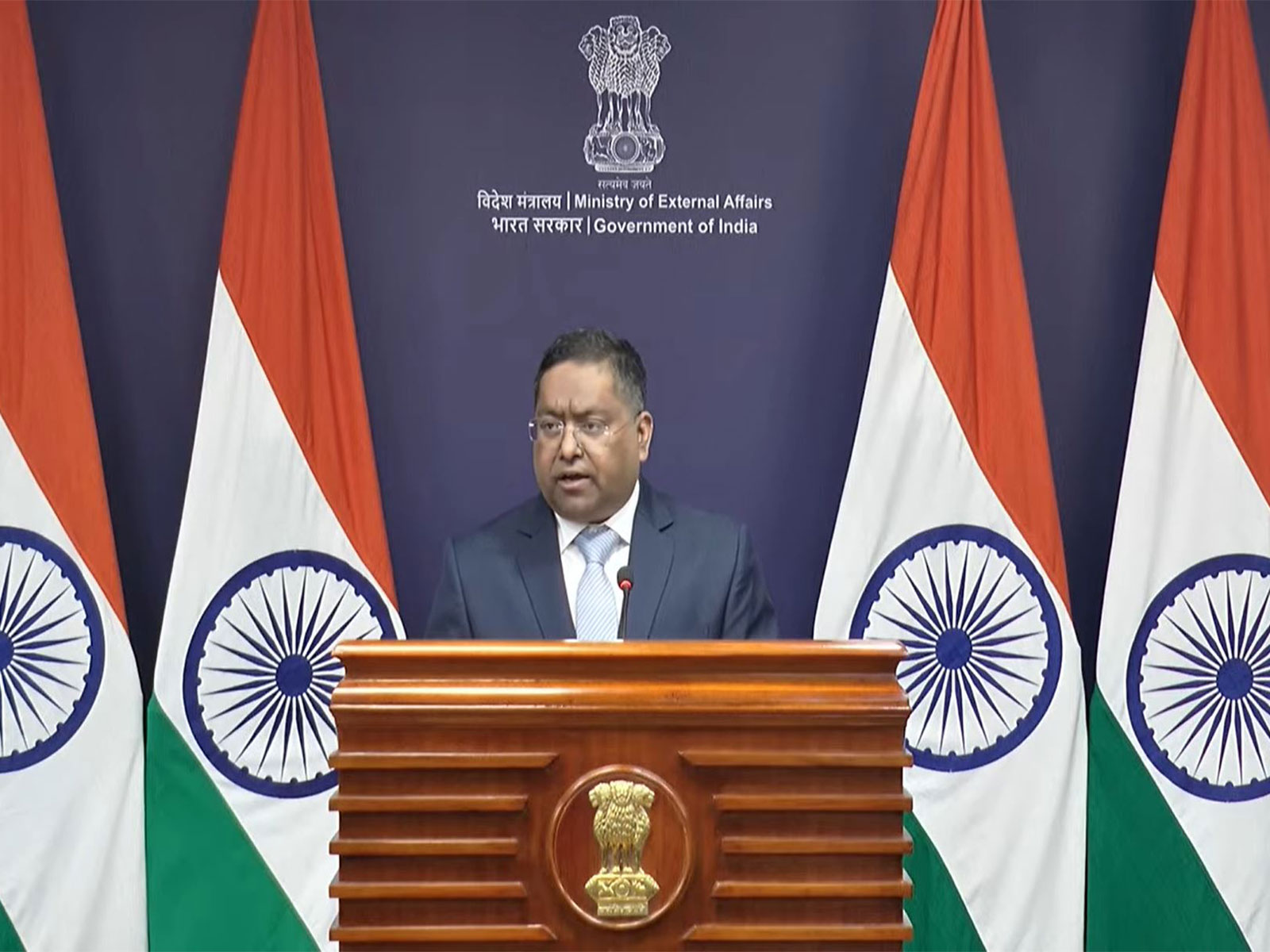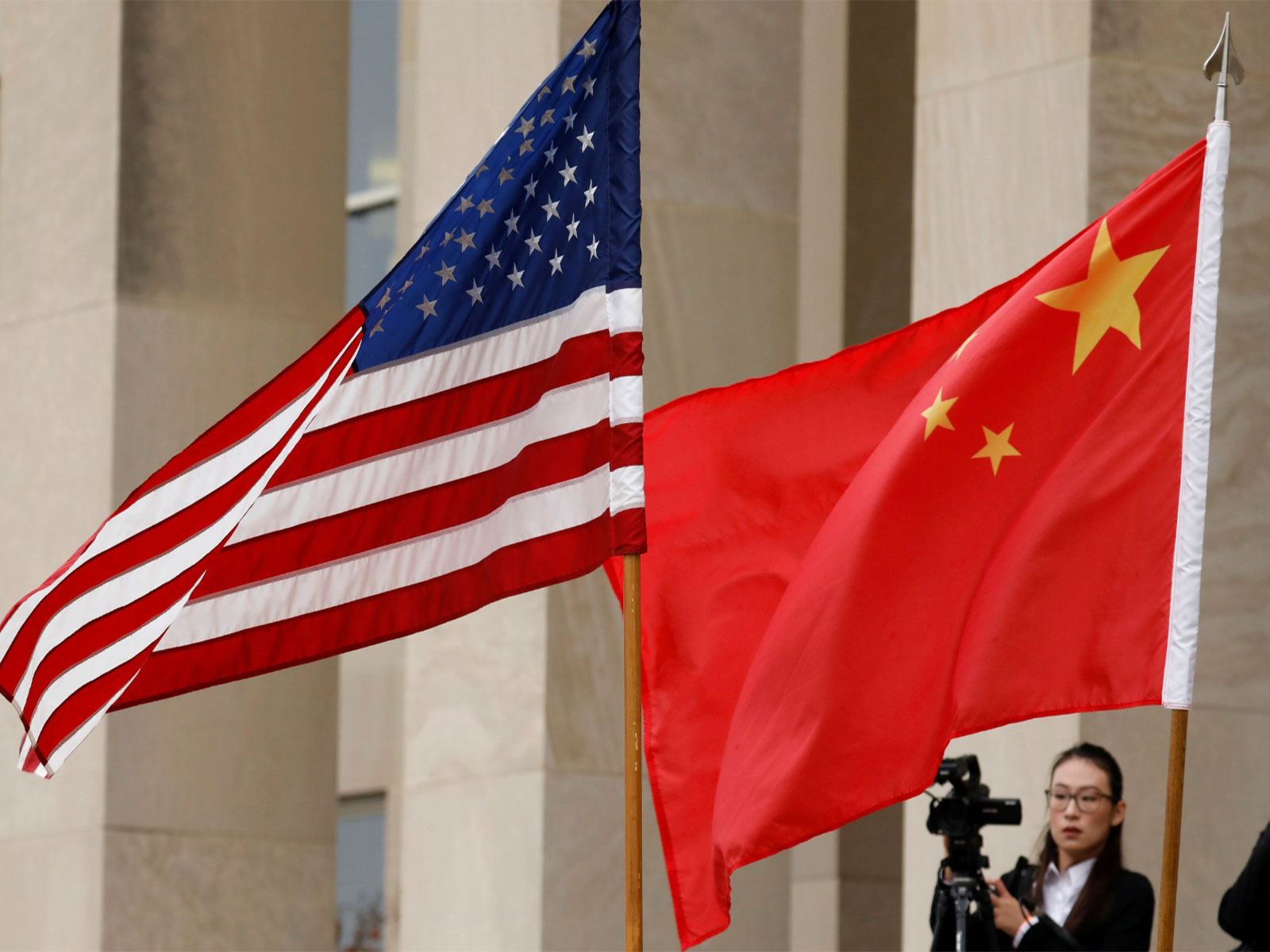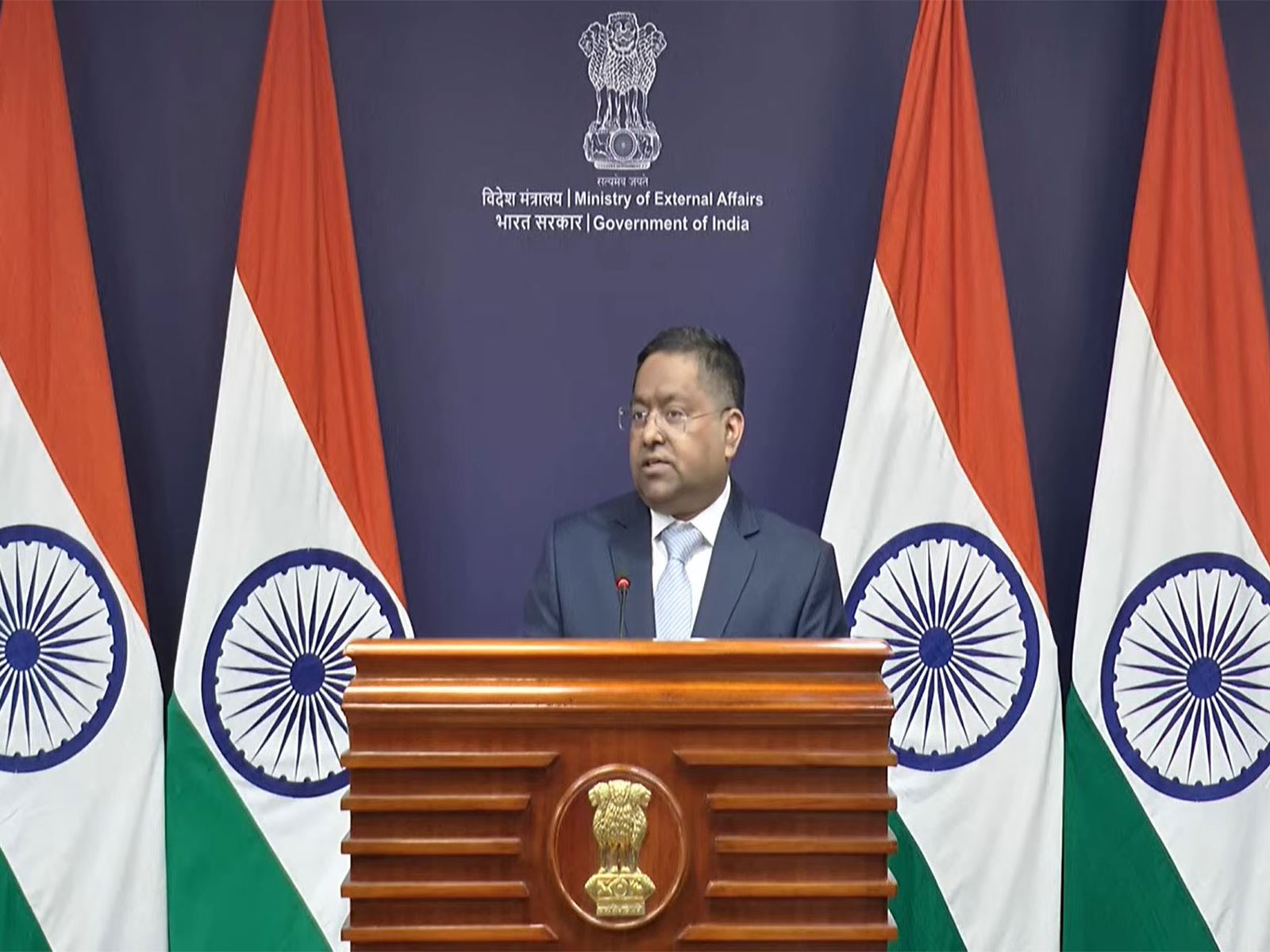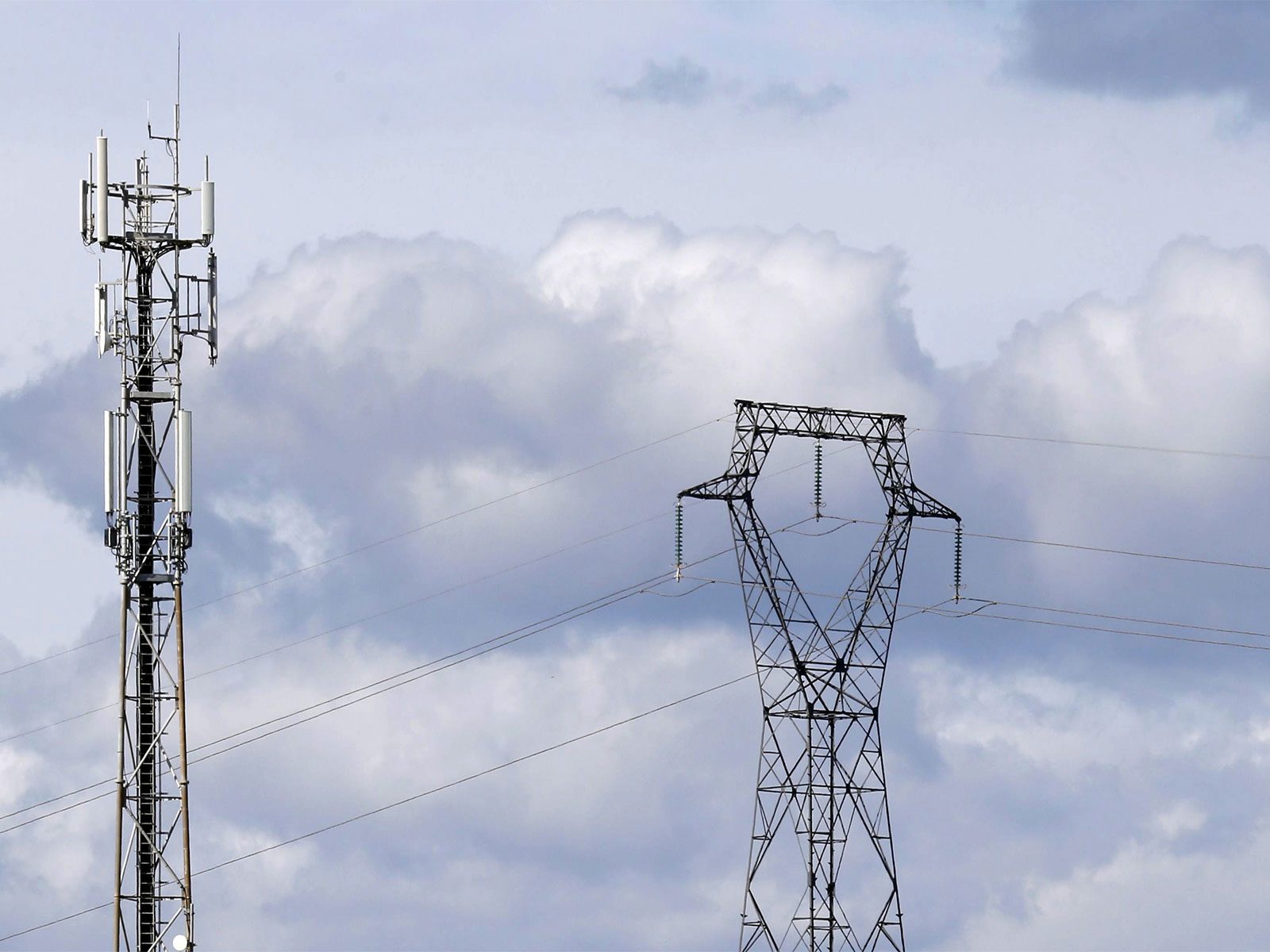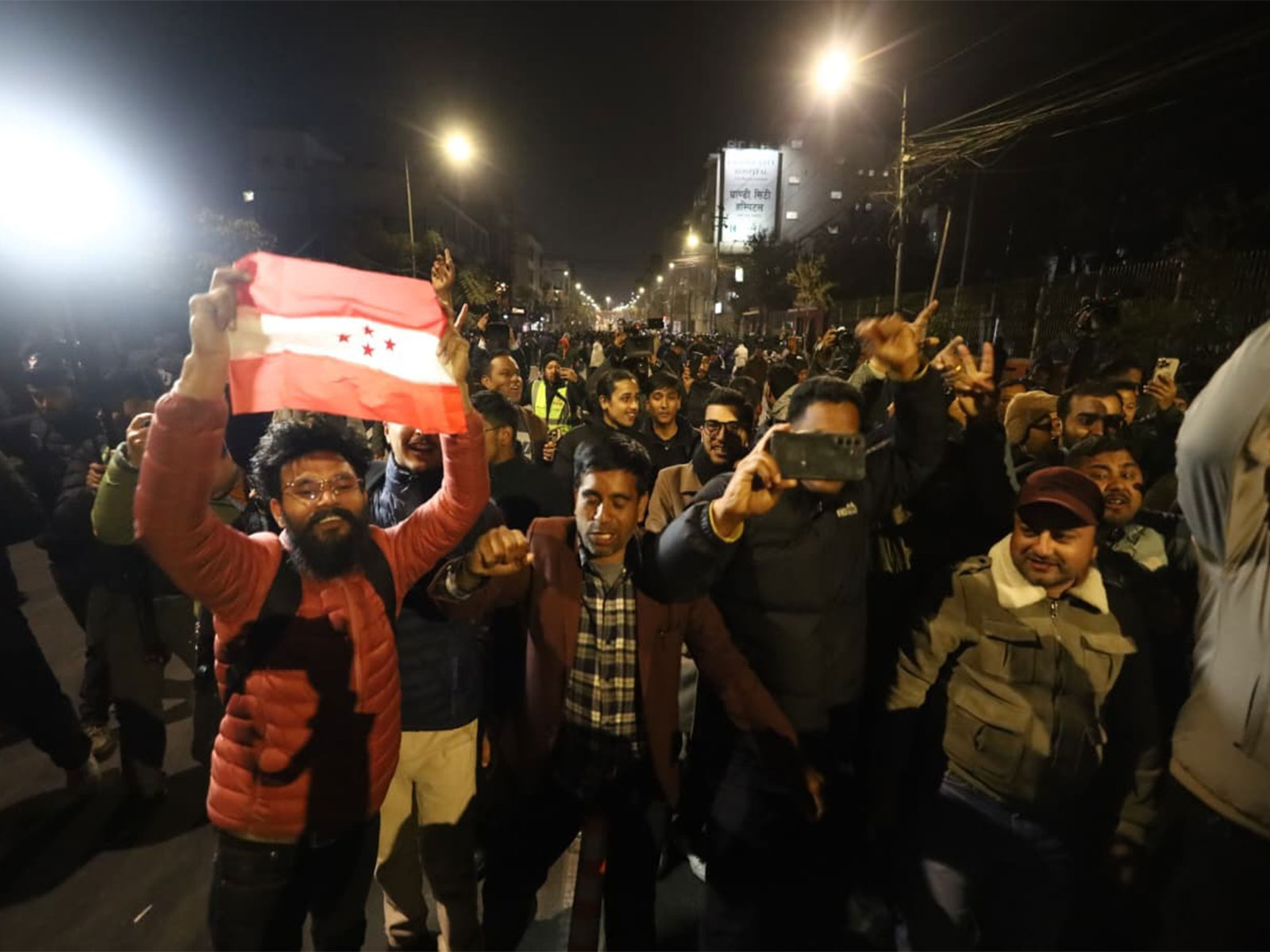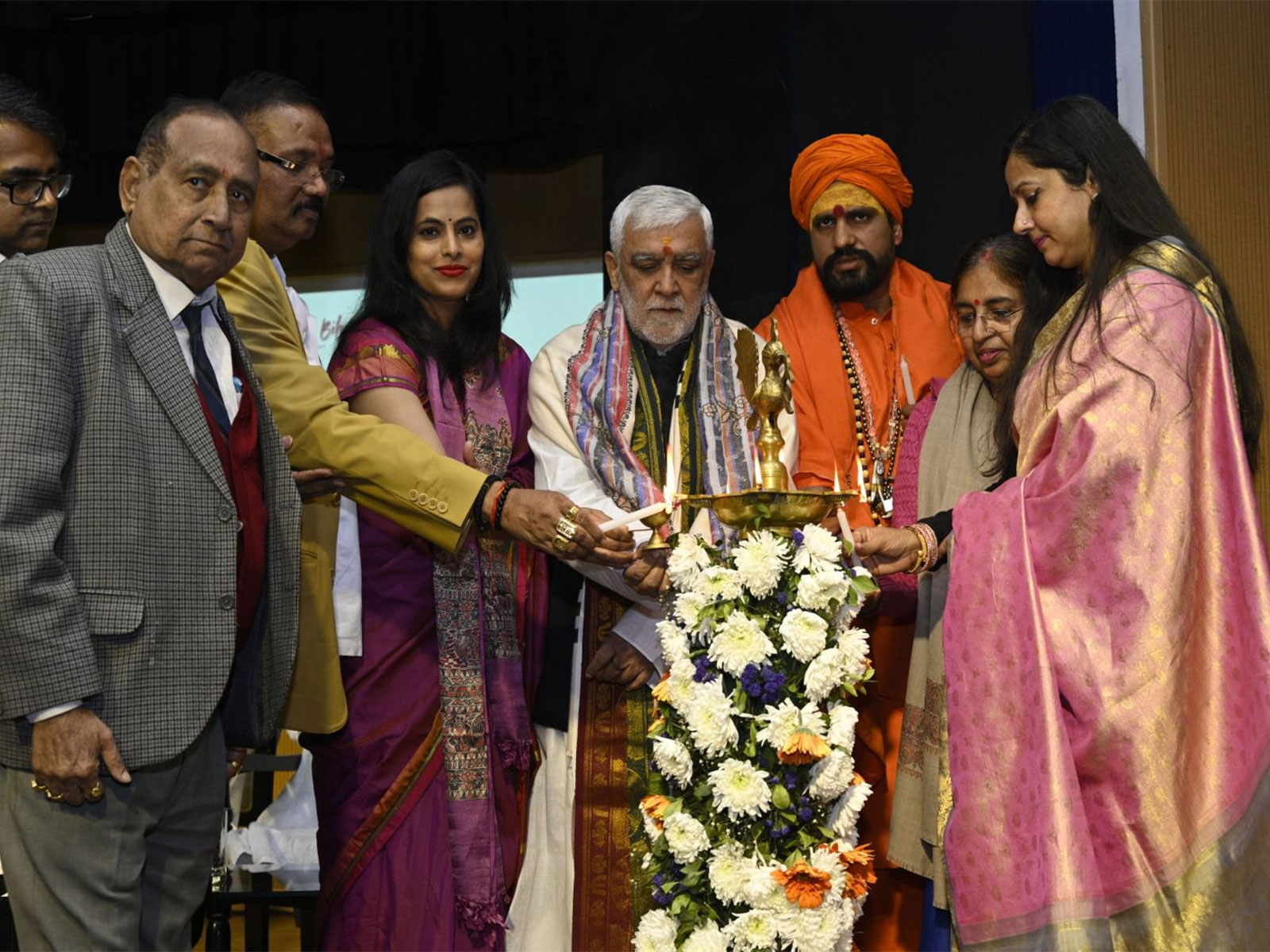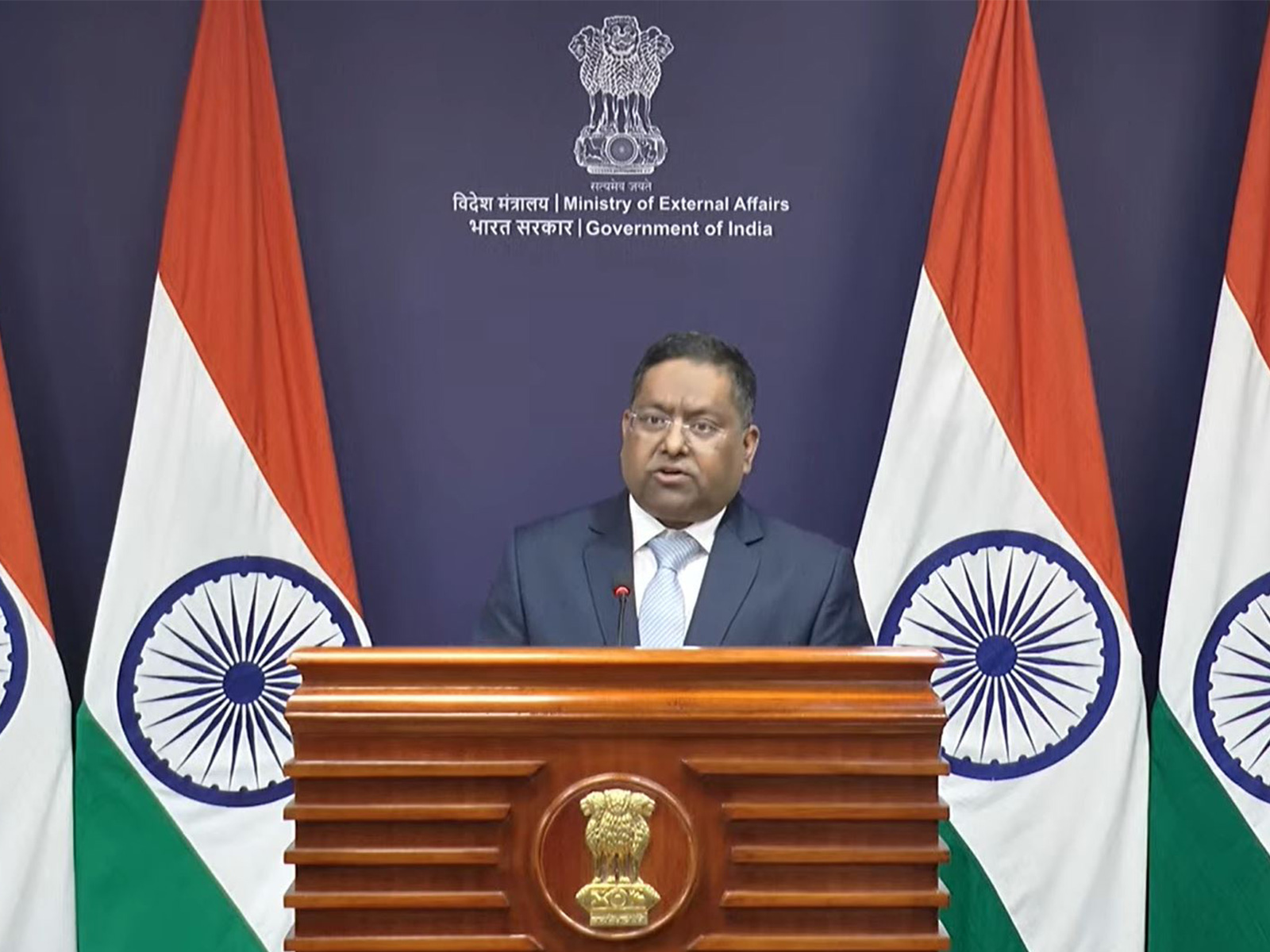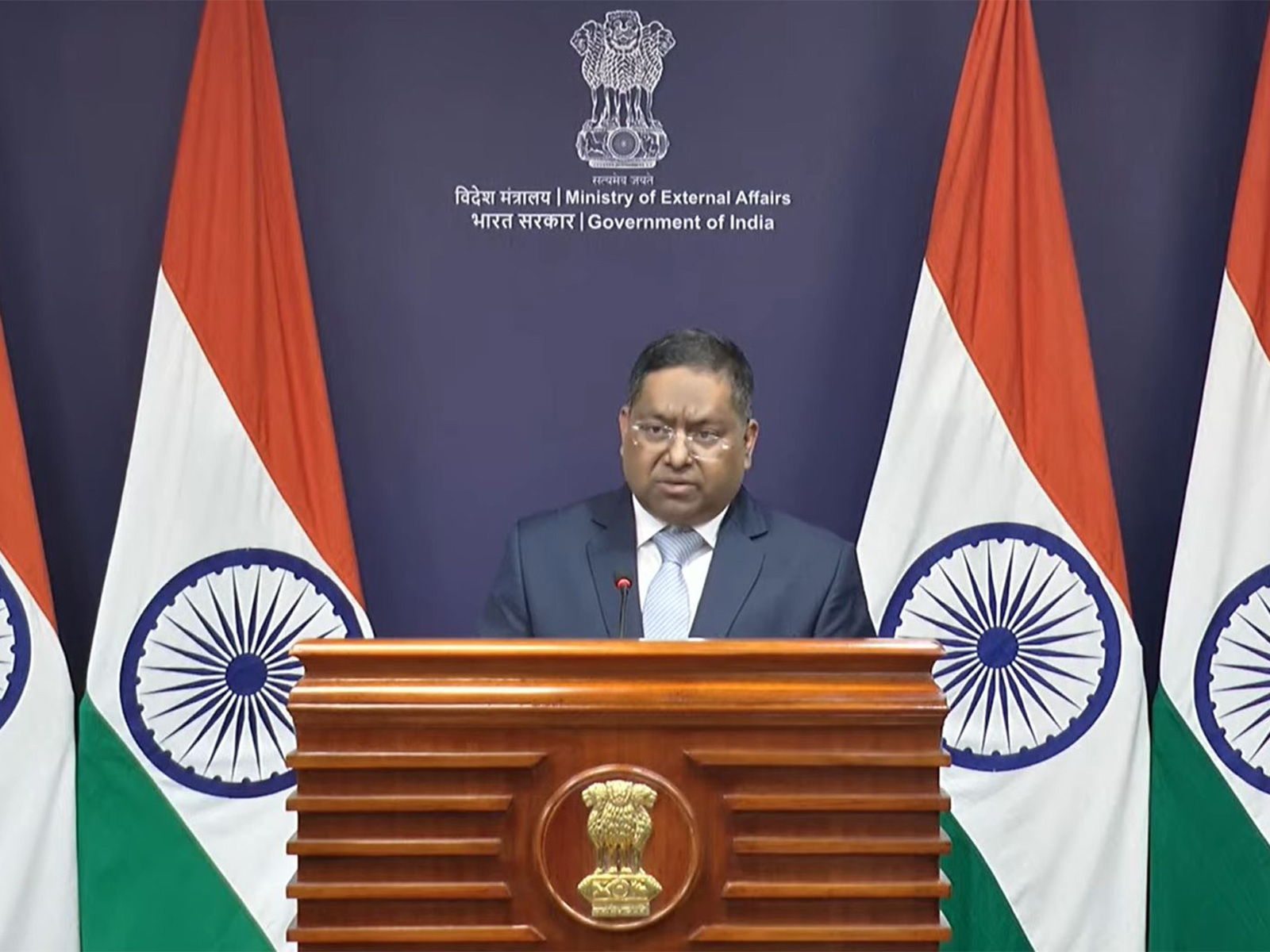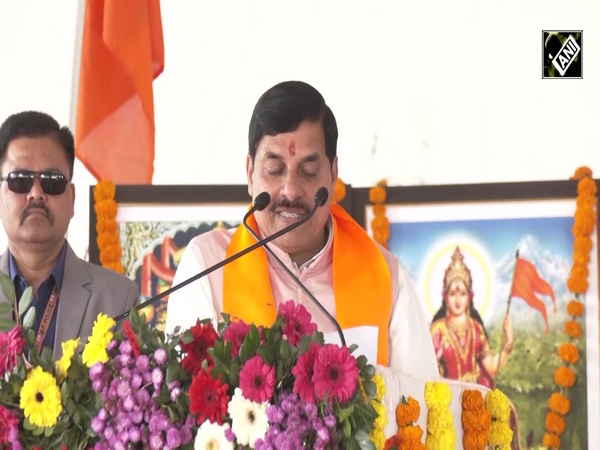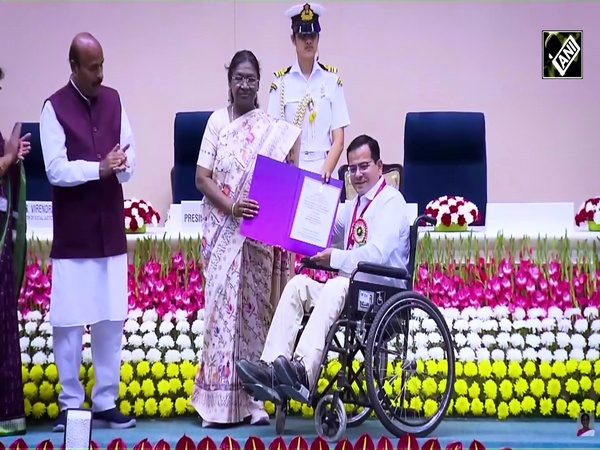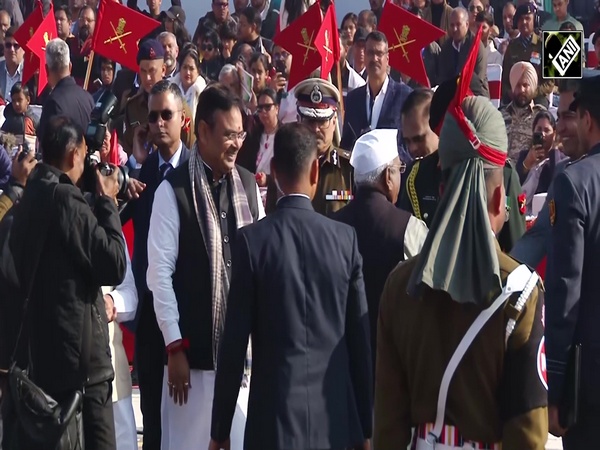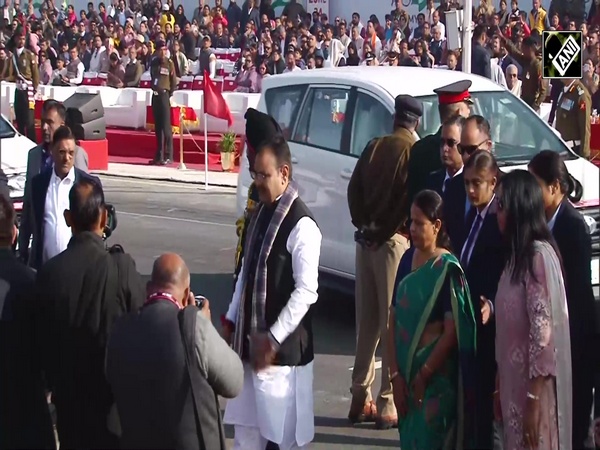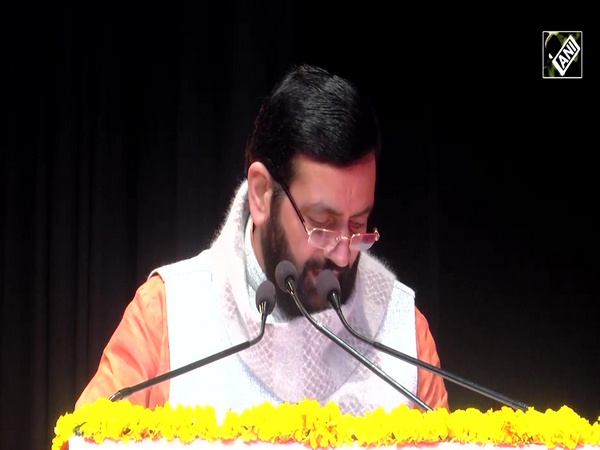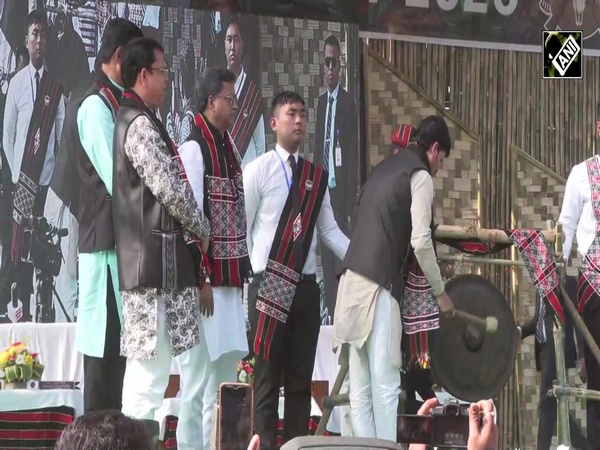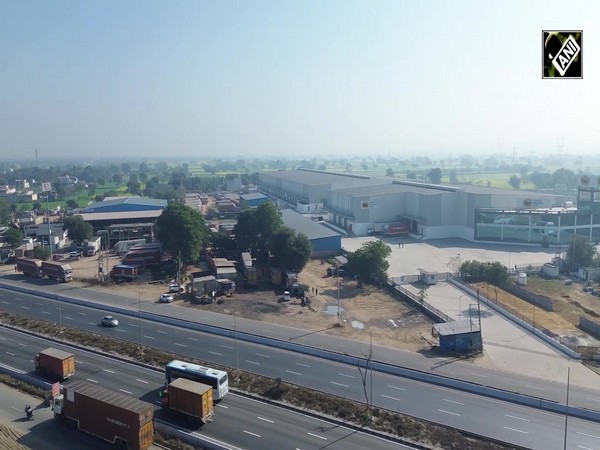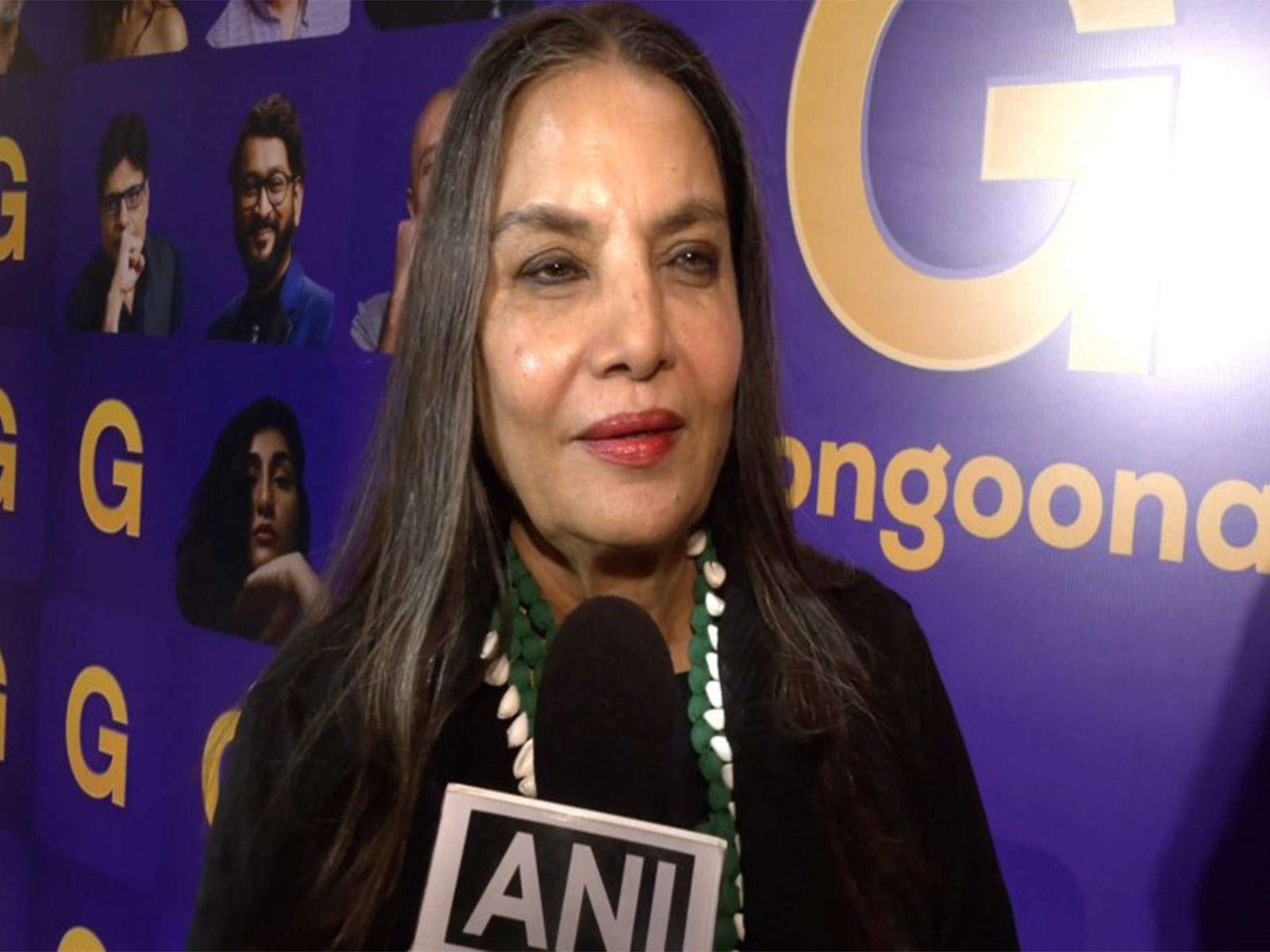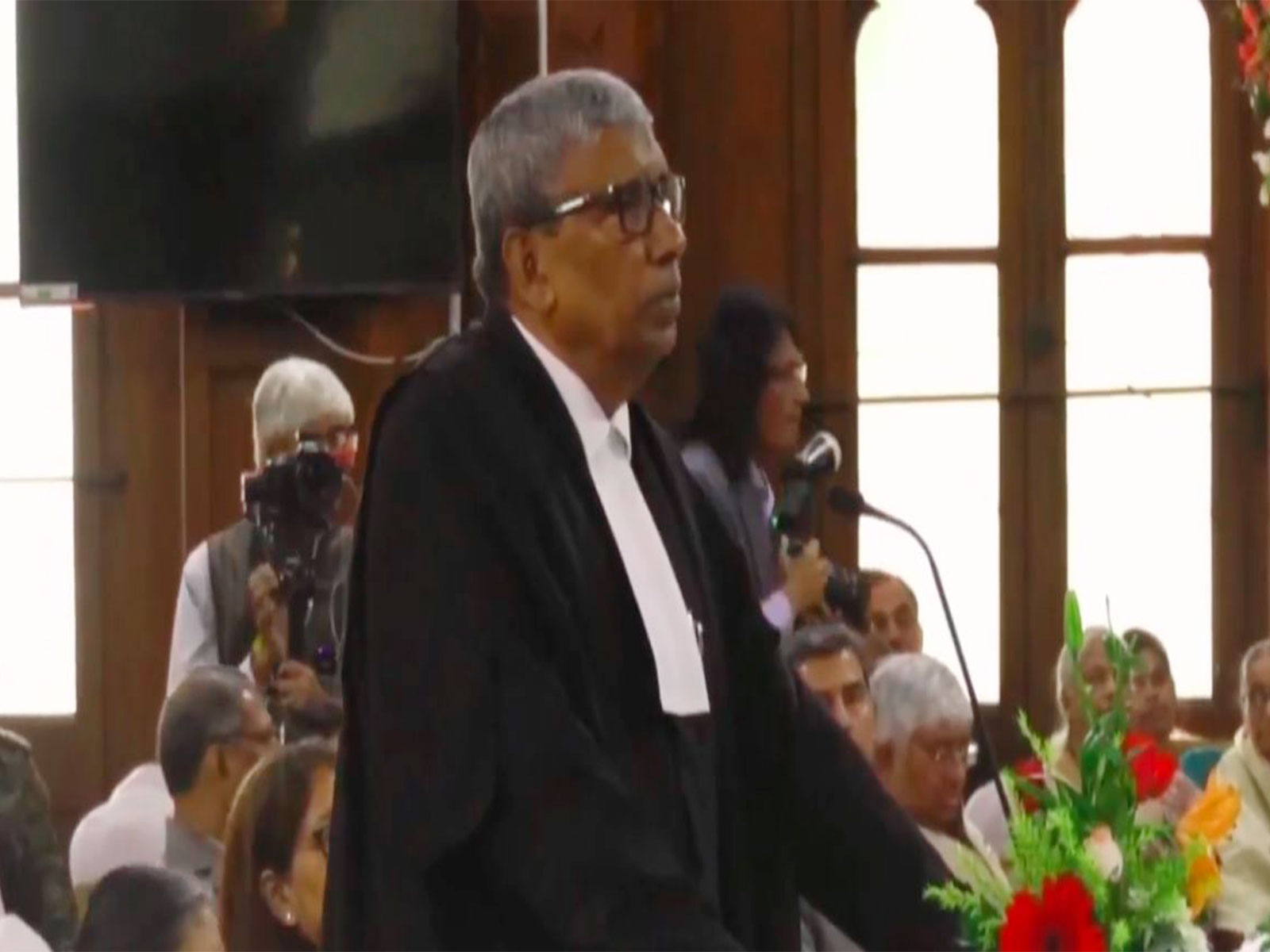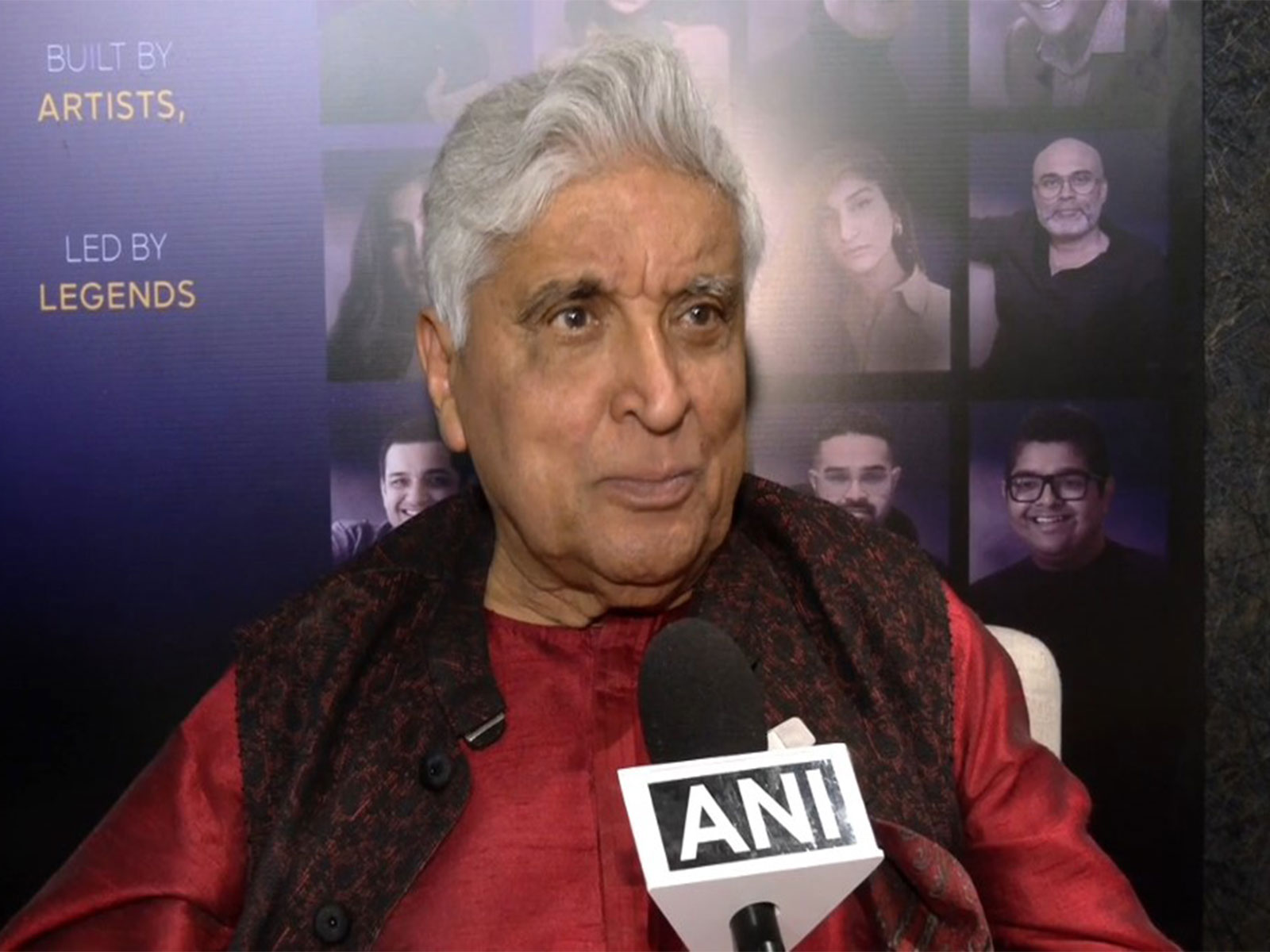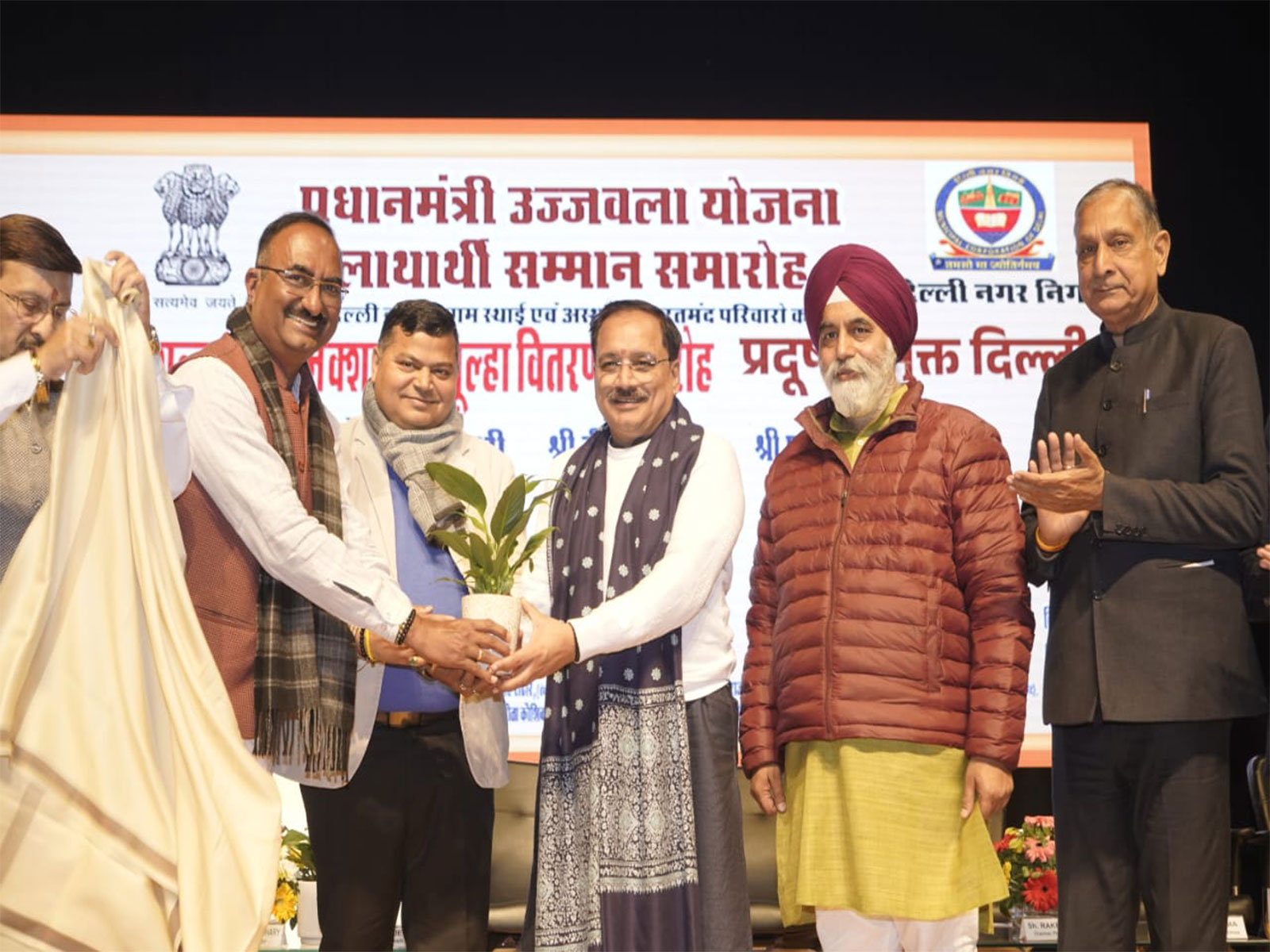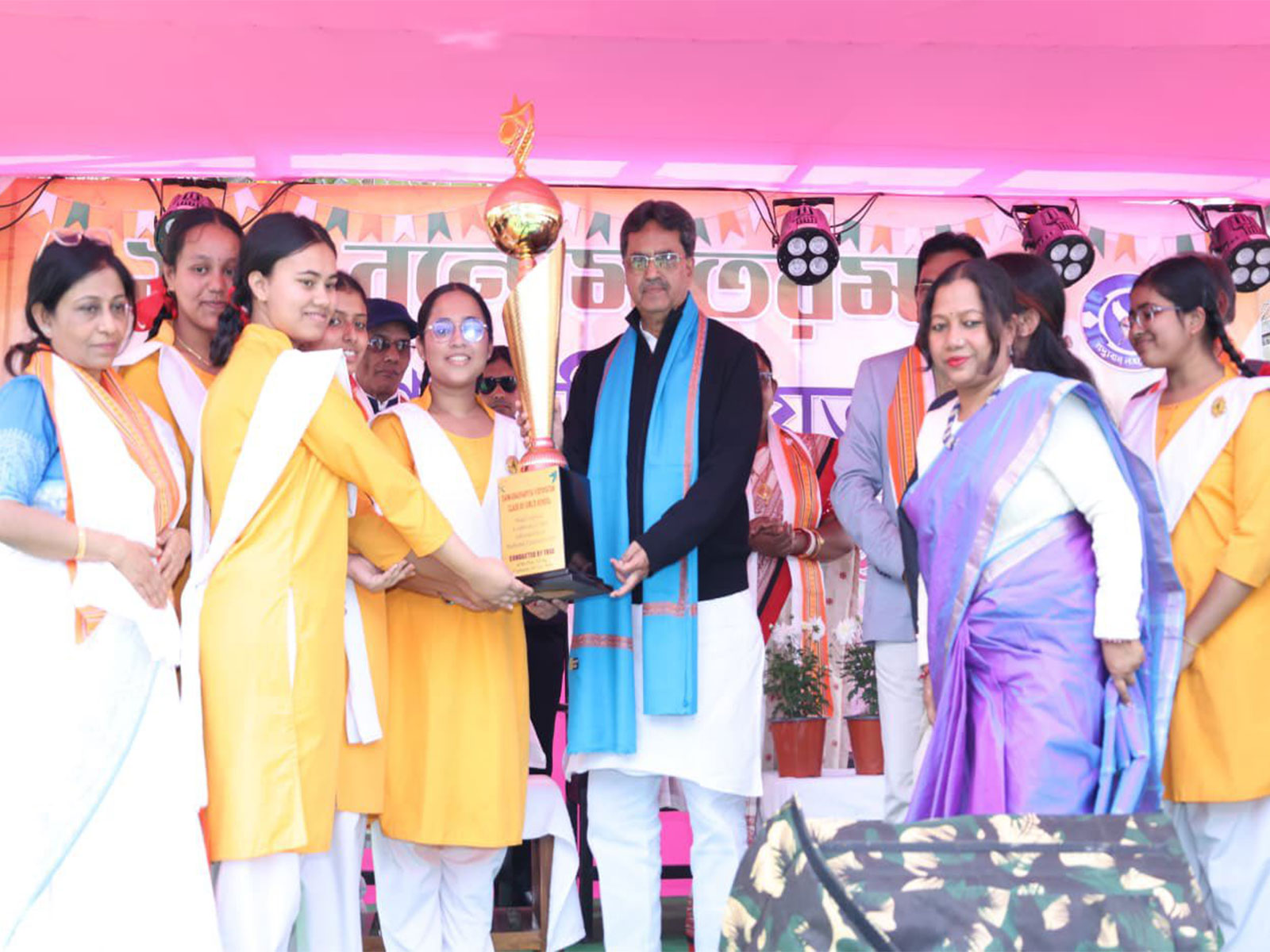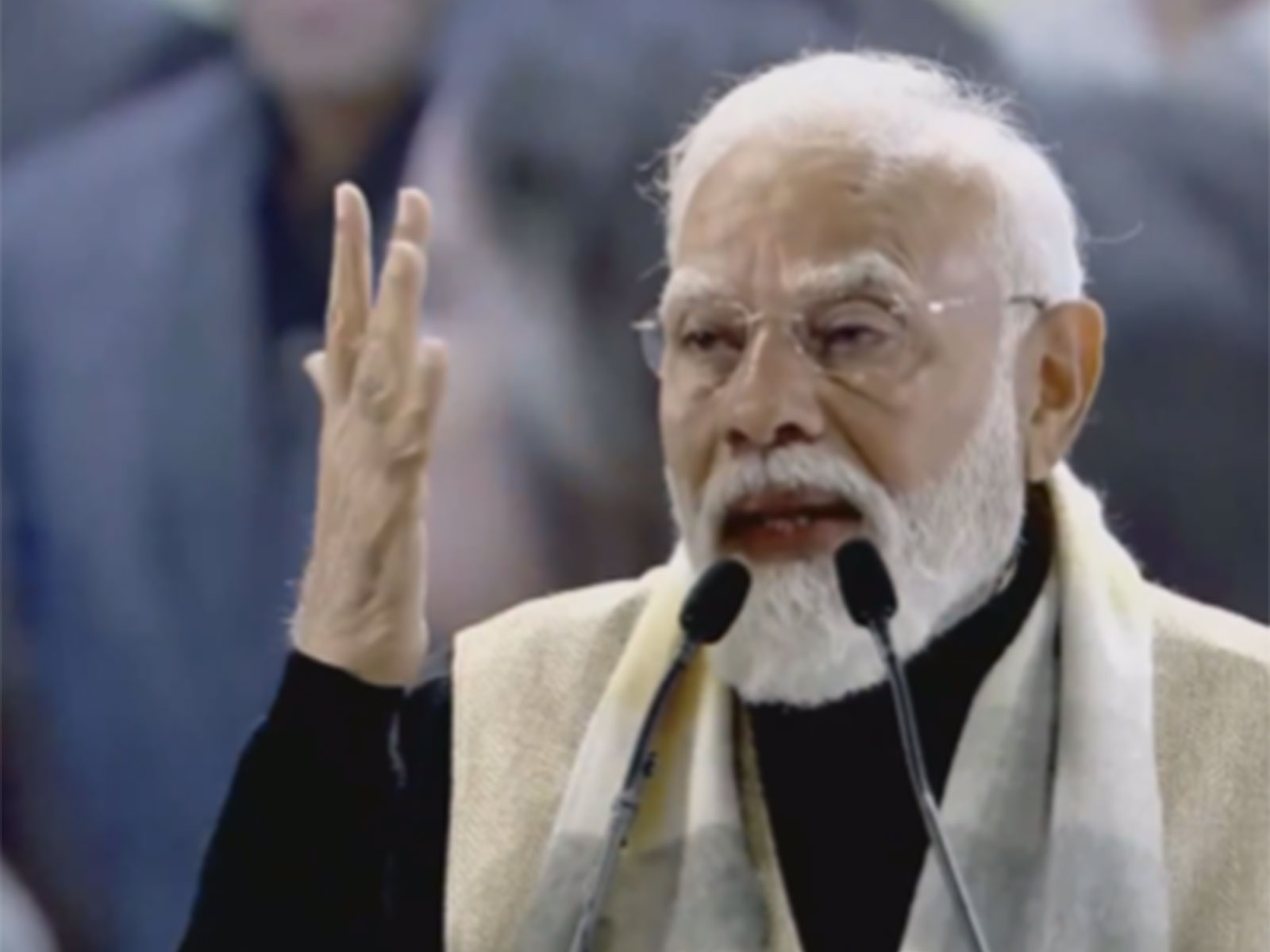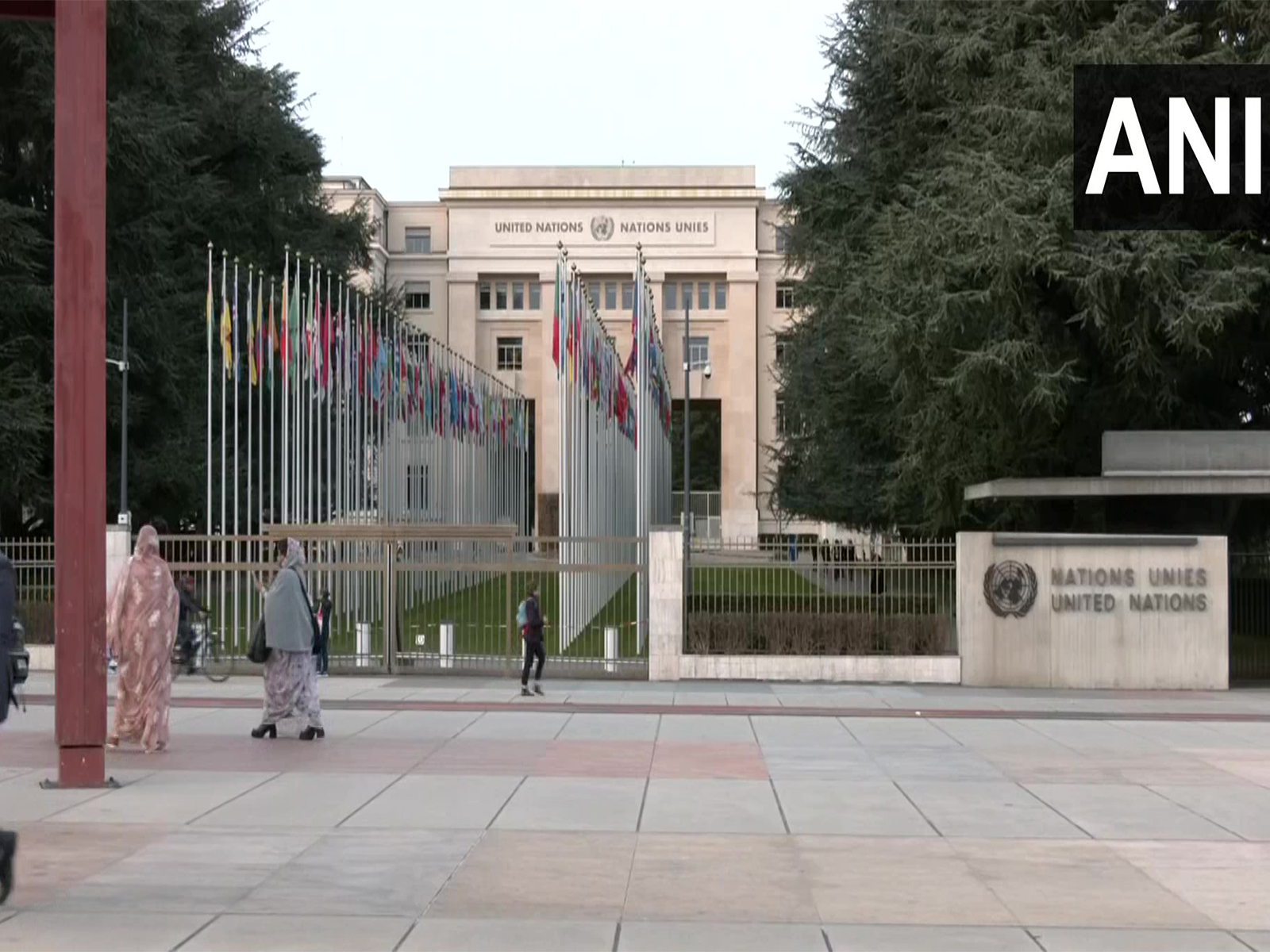
NGOs urge UNHRC to act against cross-border terrorism from Pakistan
Sep 19, 2025
Geneva [Switzerland], September 19 : At the ongoing 60th Session of the UN Human Rights Council (UNHRC), three UN-accredited international NGOs delivered strong oral interventions urging decisive global action against cross-border terrorism emanating from Pakistan.
The interventions came in the wake of the April 22 Pahalgam terror attack in India, where 26 civilians -- targeted solely for their religion -- were massacred while on a family holiday in Jammu and Kashmir.
The attack, attributed to Pakistan-backed Lashkar-e-Taiba militants, was described as part of a wider pattern of state-sponsored terrorism destabilising the region.
Sai Sampath Mettu of EcoFawn said the attack was "a direct assault on the right to life, freedom of movement, the right to travel safely, and the freedom to practice religion--all guaranteed under international human rights law."
Hansraj Singh of Sambhali Trust condemned the killings as "the latest in a series of heinous attacks, designed to spread hatred and fear, carried out at the behest of state establishments."
Javed Ahmad Beigh of RSKS NGO highlighted how vulnerable youth in Pakistan are brainwashed into becoming instruments of violence. He cited the case of Tahir, a young recruit from Pakistan-occupied Jammu and Kashmir, who was killed in an encounter after participating in the Pahalgam massacre.
"On 30th July 2025, Tahir's funeral was held in absentia at Kuiyaan village. Tahir was part of the terrorist group that attacked civilians in Pahalgam and was subsequently killed in an encounter with security forces earlier that month," said Javed.
"International institutions and their committees are of no use if they cannot condemn such heinous acts and hold the sponsors accountable for crimes against humanity," Beigh added.
The NGOs urged the UNHRC to launch a fact-finding mission into Pakistan-occupied Jammu and Kashmir (PoJK) to investigate those financing and organising terrorism.
They reaffirmed that India remains committed to working with the international community to combat this global threat.
